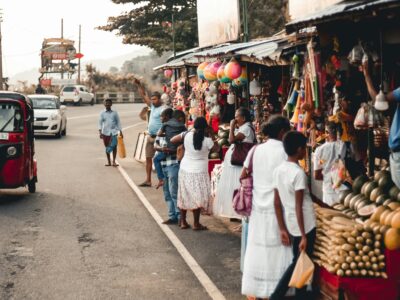15-10-2024
Stella Liantsi
South and East Asia Researcher,
Global Human Rights Defence.
On July 1st, 2024, the new criminal act came into force in India. The Bharatiya Nyaya Samhita (BNS) replaced the Indian Penal Code (IPC) leaving men and the transgender community vulnerable.
In the Indian Penal Code, Section 377 was criminalising consensual and non-consensual sex between adults of the same sex and orientations as well as sexual offences against animals. In a historic ruling in September 2018, the Indian Supreme Court ruled that Section 377 was unconstitutional. This ruling essentially decriminalised IPC Section 377, confirming people’s constitutional rights to privacy, equality and dignity and representing a major step forward for LGBTQIA+ rights in India. However, because the law also included protections covering the rape of males, transgender people and animals, the Court did not completely overturn the legislation. As stated in the judgement, consensual adult sexual intercourse unless it is forceful and compels one to the will of another, would not be in the realm of sexual activity. Hence, even after the passing of the judgement Section 377 continued to criminalise male non-consensual relations against adults and minors.
The new BNS rule removed these provisions.
Without Section 377, violations against transgender people and men will no longer be recognised as specific offences under the new legal framework. While the Transgender Protection Act offers some basic protection, men will now need to rely on provisions related to bodily injury or other criminal statutes. The only practical option for rape claims involving males and transgender people would be to file a formal complaint under the assault and hurt provisions. In addition, a few sections that include activities formerly covered by Section 377 of the IPC have penalties that are substantially less severe than those stipulated in the past.
Activists have highlighted the importance of Section 377 which was crucial for the trans population, who frequently face discrimination, societal shame and familial desertion. They stressed that the likelihood of violence and assault is only increased by their absence from fundamental services such as housing employment and healthcare. They also said that “the trans community already faces steep hurdles being taken seriously by the police, who might mock them or refuse to register their complaints”. A parliamentary panel together with other notable organisations suggested the re-criminalisation of Section 377 however their suggestion was not taken into account.
This deliberate action to remove the protection for men and transgender people is not only a missed chance to build a more fair and just legal system but it also implies that only women and children need protection and that protection is denied to anybody else.
Sources and further readings:
Heena Ojha, ‘New Criminal Laws Excluse Rape Protections for Trans Persons and Men’ NDTV (1 July 2024) < https://www.ndtvprofit.com/law-and-policy/new-criminal-laws-excludes-rape-protections-for-trans-persons-and-men > Accessed 14 October 2024.
Reuters, ‘Trans persons in India fear sexual violence under Bharatiya Nyaya Sanhita’ Frontline (6 September 2024) < https://frontline.thehindu.com/news/trans-persons-india-fear-sexual-violence-bharatiya-nyaya-sanhita-lgbtqia-section-377-indian-penal-code/article68613348.ece > Accessed 14 October 2024.







Comments